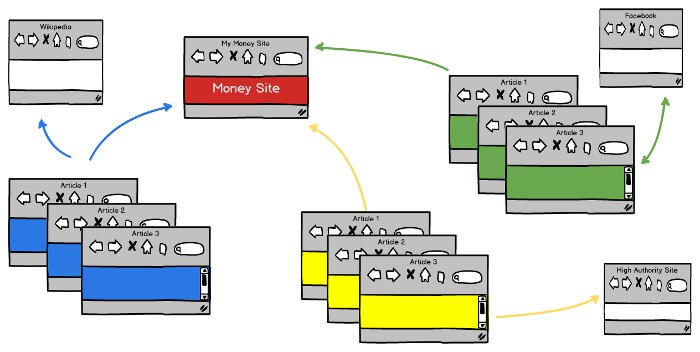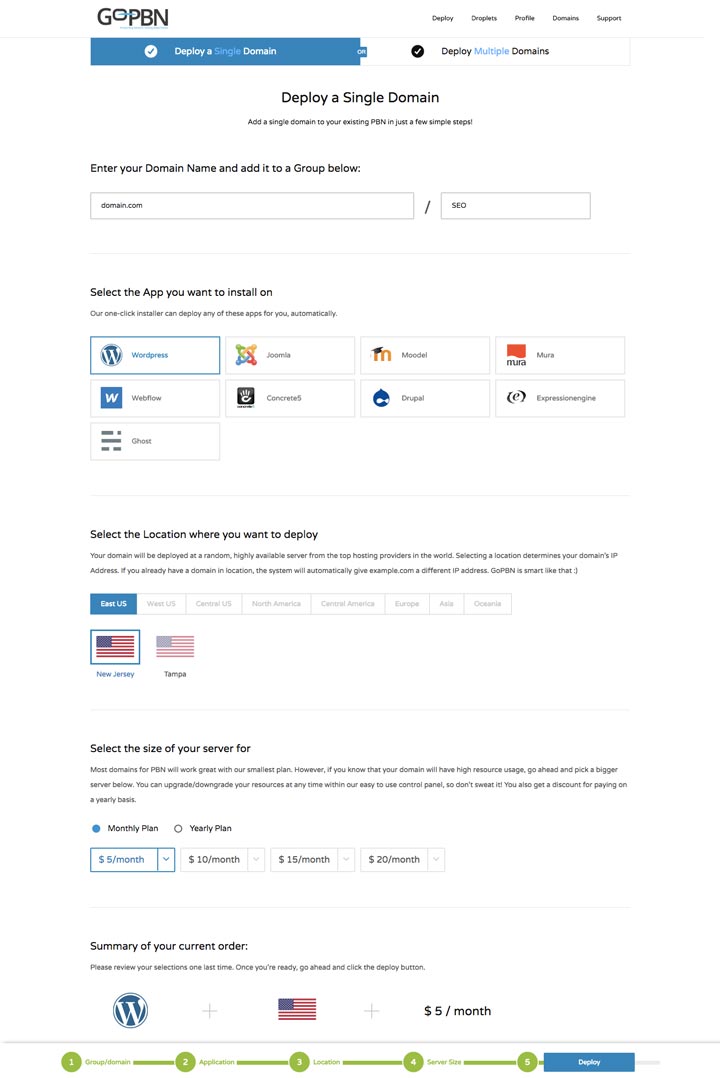All Categories
Featured
Table of Contents
They can likewise extra easily outperform competitors for crucial key words in their specific niche. Semantic Search engine optimization is the process of constructing more definition and topical depth into web content.
Crawlers merely searched for details key phrases on a page to recognize meaning and importance. But we all recognize that there is a lot more that goes into understanding human language than just the words we make use of. Context, faces, tone, and the paragraphs prior to and after our words, all impact their significance.
: and therefore provide users with more relevant search outcomes. With these innovations, Google can look at an item of web content and understand not just the subject it covers, but the associated subtopics, terms, and entities and just how all of those different ideas interrelate.

The truth is, searchers aren't always simply seeking one details answer when making use of Google; they are typically attempting to comprehend an offered subject with even more deepness. State an individual types in the keyword phrase "what are backlinks"? Probably, they will have added concerns that occur after finding their response, such as: Just how do I get back links? Where can I obtain back links? Exactly how many back links do I require? Can I acquire backlinks? What's the difference in between white hat and black hat web links? And others! In terms of the search experience, it's much much better for the individual to find a single piece of web content that addresses all of those relevant inquiries instead of different pieces of content for each specific concern.
What Is The Top Enhancing Seo With Semantics
It enables them to get even more thorough details without needing to continuously return back to the search bar. Semantic Search engine optimization techniques require even more time and effort on the part of material groups, the advantages are considerable. More keyword positions in natural search. Improved material top quality signals in the eyes of Google spiders.
Combined together, they are all focused on boosting topical deepness and better sharing the meaning of internet material.
One of the most straightforward semantic SEO approach is to enhance the size of your web content by offering a more detailed exploration of your topic. Although material size is not a main ranking factor, longer material is much more likely to present more powerful semantic signals. Numerous research studies have shown the strong correlation between longer web content and higher-ranking placements.
Who Is The Most Trusted Semantic Seo Strategies

Instead, the best method to boost the size of your internet material is to be much more details, nuanced, and comprehensive with the details you're giving customers about the primary subject. With Google's enhanced algorithms and NLP models, there is no requirement for individuals to stuff their content full of their keyword target in order to rank.
They're not a ranking aspect, yet including these terms to the content using page titles, meta descriptions, h1-h6s, and photo alt text can enhance topical deepness and semantic signals, while additionally making the content extra understandable and nuanced for searchers. An additional way to boost the semantic depth of your material is to answer the usual concerns that customers are asking in regard to your key key phrase.
They basically provide the "rip off codes," to enhance topical depth. Screenshot from SearchAtlas, February 2022 A search engine optimization material writer might definitely investigate the content position on the initial web page to recognize the vital terms. But content optimization software application does the exact same operate in an issue of secs. By adding those terms, subjects, or concerns onto the page, you improve topical deepness and therefore practice semantic SEO.
Topic clusters are groups of content pieces that are centered around a main topic. As an example, the keyword collection visualized in strategy # 1 is a part of a larger topic cluster focused on link structure. The numerous articles (each targeting their very own key phrase collection) all web link back to a main "pillar page," that is concentrated on the bigger subject of link building.
A Top Semantic Seo Best Practices
By doing so, Google will certainly not just link your site with a few keyword phrases yet numerous larger subjects and the hundreds of key phrases and search questions that belong to them. Featured Photo: pogonici/Shutterstock.
In the old days, when search engines weren't as progressed as they are today, discovering accurate solution to inquiries in a solitary click was a rarity. A search for "MySpace vs Facebook", would possibly lead users straight to these websites rather of providing a clear comparison in between the two.
What Is The Top Semantic Seo Best Practices Program?
Completion result is a featured bit that clarifies exactly how the two social media networks differ from each various other. Google's objective is to give one of the most pertinent results to searchers. Google AI Overviews Research Study by SE RankingDownload our study and figure out what keywords cause AIOs and a lot more! You're good to go! Click the link we sent you in the email to confirm your emailand obtain AI Overviews Research study by SE Ranking is the procedure of enhancing your content for a subject instead of for a single key words or phrase.
This technique assists online search engine deliver more significant outcomes and enhances the total customer experience in search. Semantic search engine optimization, at its core, is about developing extensive web content with all the needed information for a specific subject. To develop engaging material and enhance a web site for exposure in search results page, it is essential to comprehend Google's existing methods to ranking sites and presenting details on SERPs.
Latest Posts
When Are Top What Is Semantic Seo Sales
What Is The Leading Semantic Search Algorithms Service
What Is The Leading Semantic Keywords Manufacturer